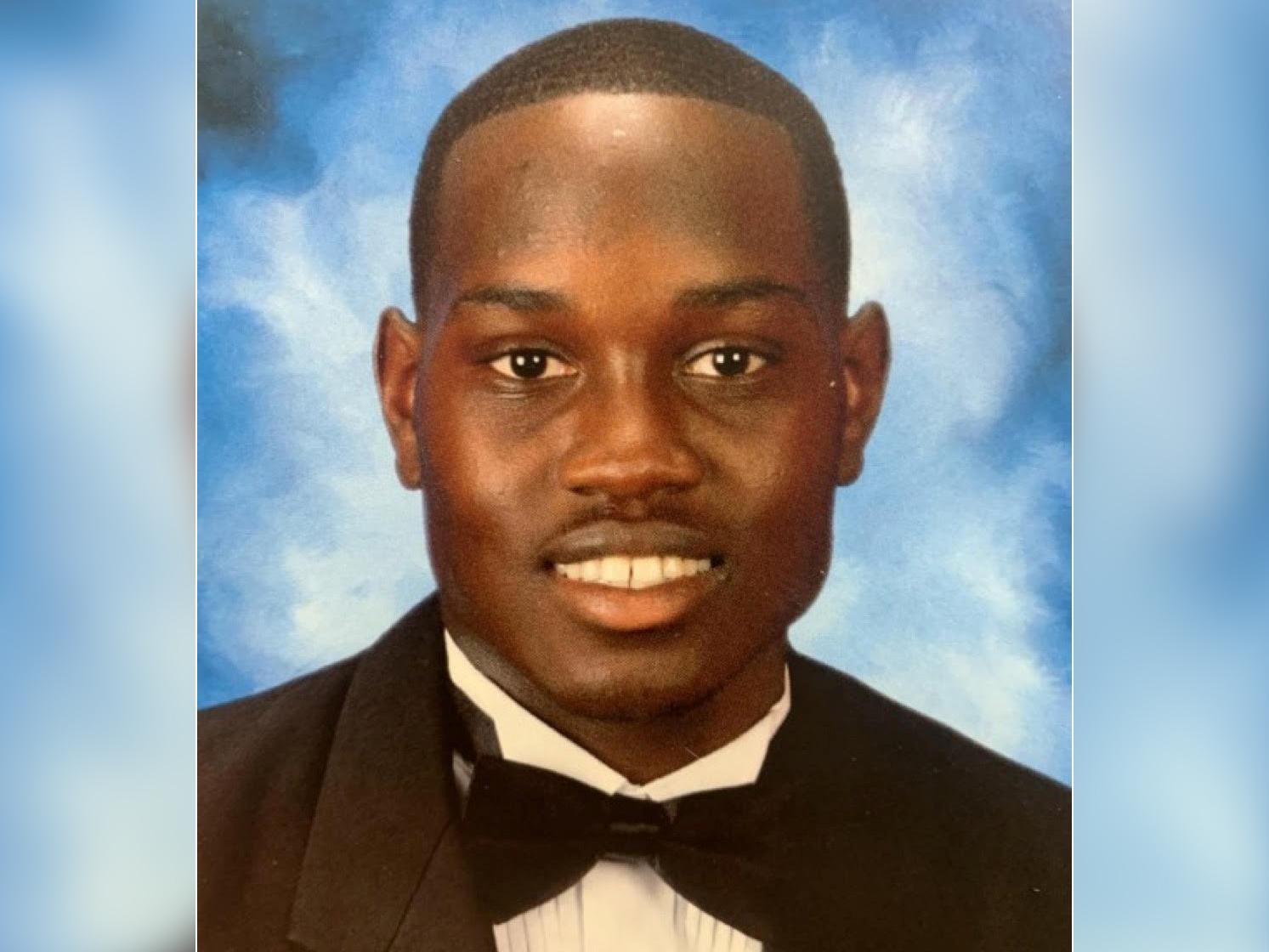Ahmaud Arbery: Outcry as case proceeds despite judge admitting ‘intentional discrimination’ over one Black juror
Eleven white people and one Black person have been chosen in the jury

A panel of 12 people has been chosen for the trial of the killing of Ahmaud Arbery, it consists of 11 white people and one Black person.
It took two and a half weeks to pick the jury, which was decided on Wednesday. The prosecutors have accused defence attorneys of racial discrimination for eliminating qualified Black jurors.
Judge Timothy Walmsley agreed that discrimination could be at play in the defence’s approach but said the case could go forward with the current selection.
“This court has found that there appears to be intentional discrimination,” said Judge Walmsley, but “all the defence needs to do is provide that legitimate, nondiscriminatory, clear, reasonably specific and related reason”, for not using a certain juror, explained the judge. The defence was able to do so.
Outside the courthouse, Arbery’s mother Wanda Cooper-Jones said it was “devastating” that only one Black juror was selected, according to CNN.
Former police detective Gregory McMichael, 64, his son Travis McMichael, 34, and their neighbour William Bryan Jr, 50, each face nine charges including malice murder, four counts of felony murder, and two counts of aggravated assault.
The prosecution has dubbed the killing of Black jogger Ahmaud Arbery, 25, which took place in February 2020 in Georgia, a “modern-day lynching”. The defendants claim it was a “citizen’s arrest”.
In Georgia, under the citizen’s arrest law, an individual could detain someone they had seen committing a serious crime, if the suspect was trying to escape. The law was repealed following Arbury’s death.
“I think the state of Georgia is moving in the right direction by passing this particular bill,” Ms Cooper-Jones said at the Capitol after the bill was signed in May 2021, reported NPR. “Unfortunately, I had to lose my son to get significant change. But again, I’m still thankful.”
At the time of the shooting, Georgia was one of four states with no hate crime laws in place. Georgia’s governor signed legislation in June 2020 to change this. The law now includes additional penalties for racially motivated crimes, or those based on religion, sexual orientation, gender or disability.
